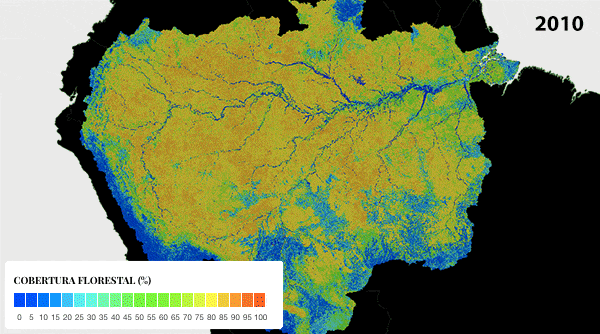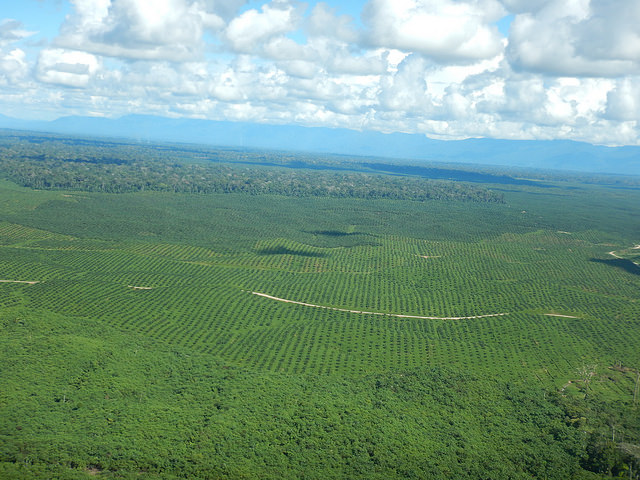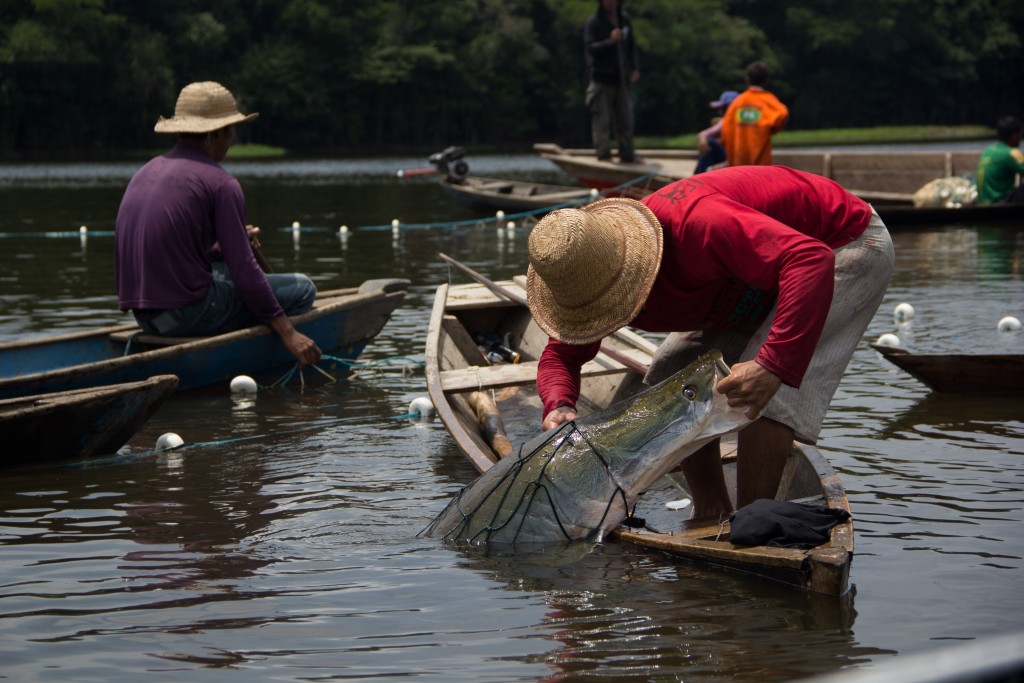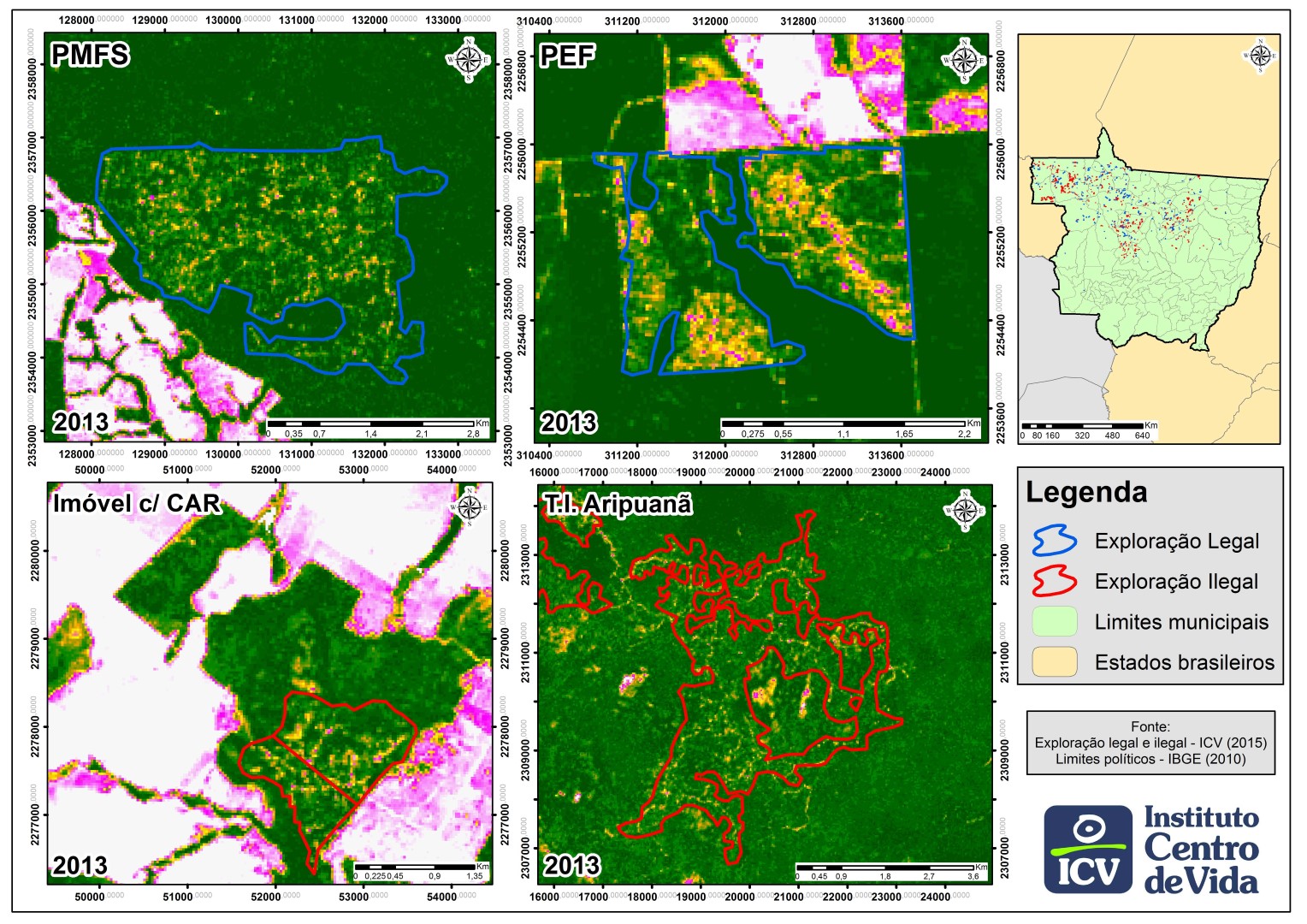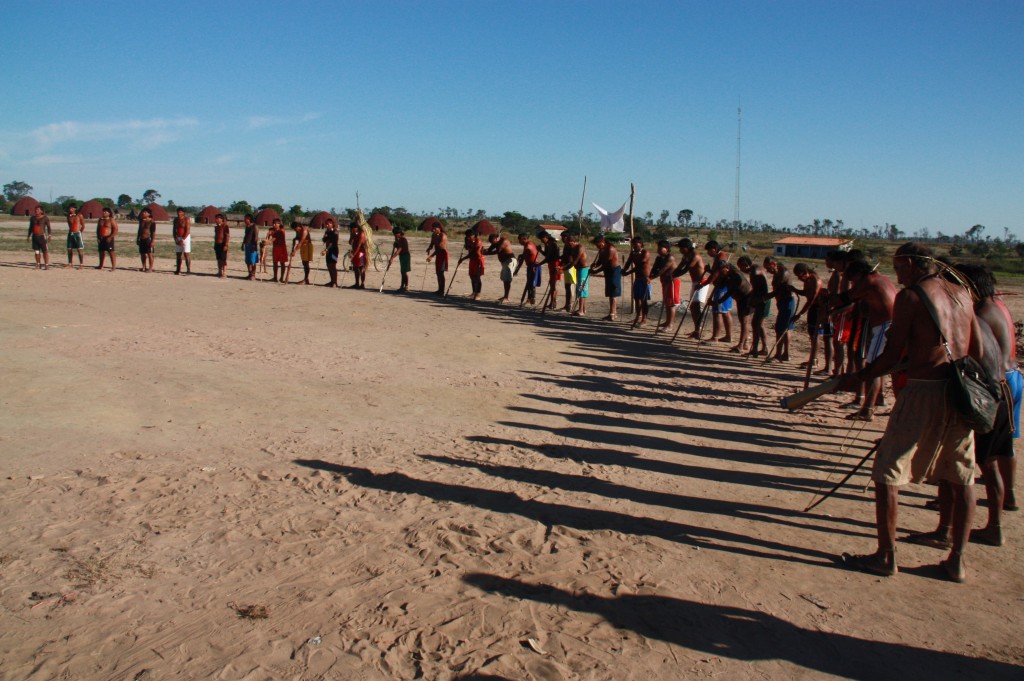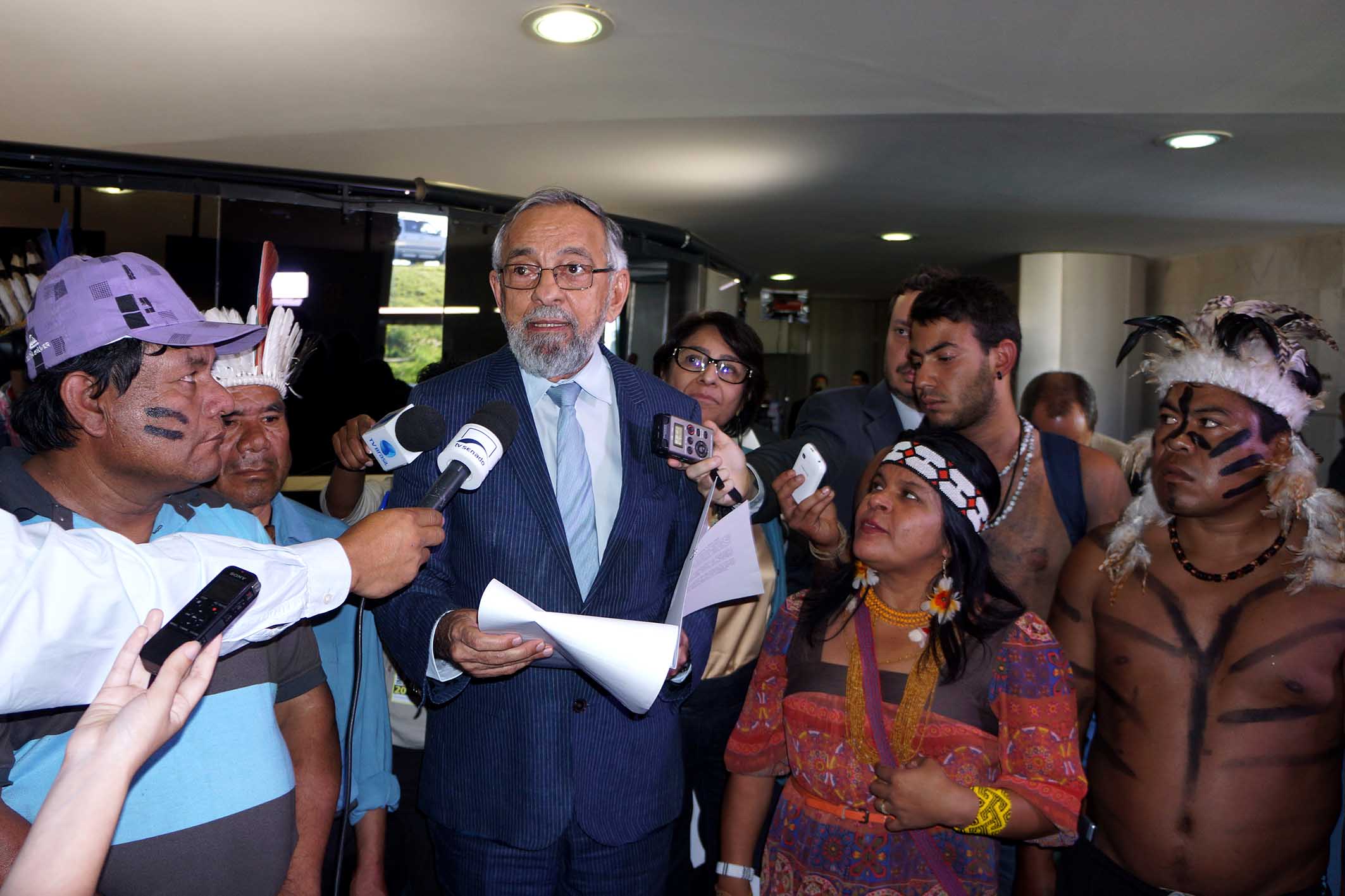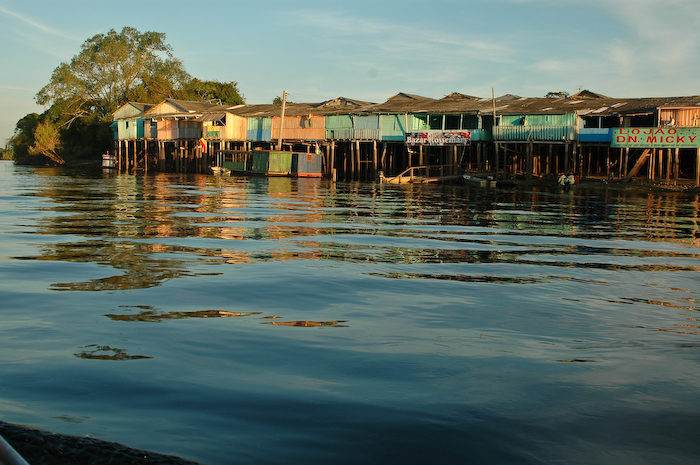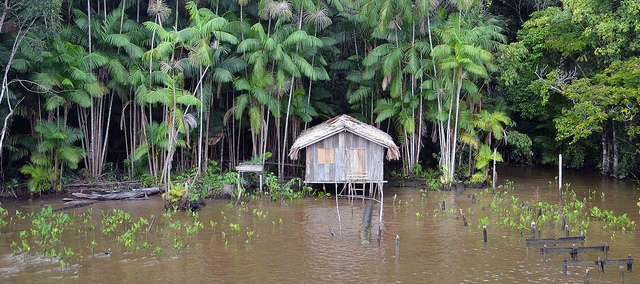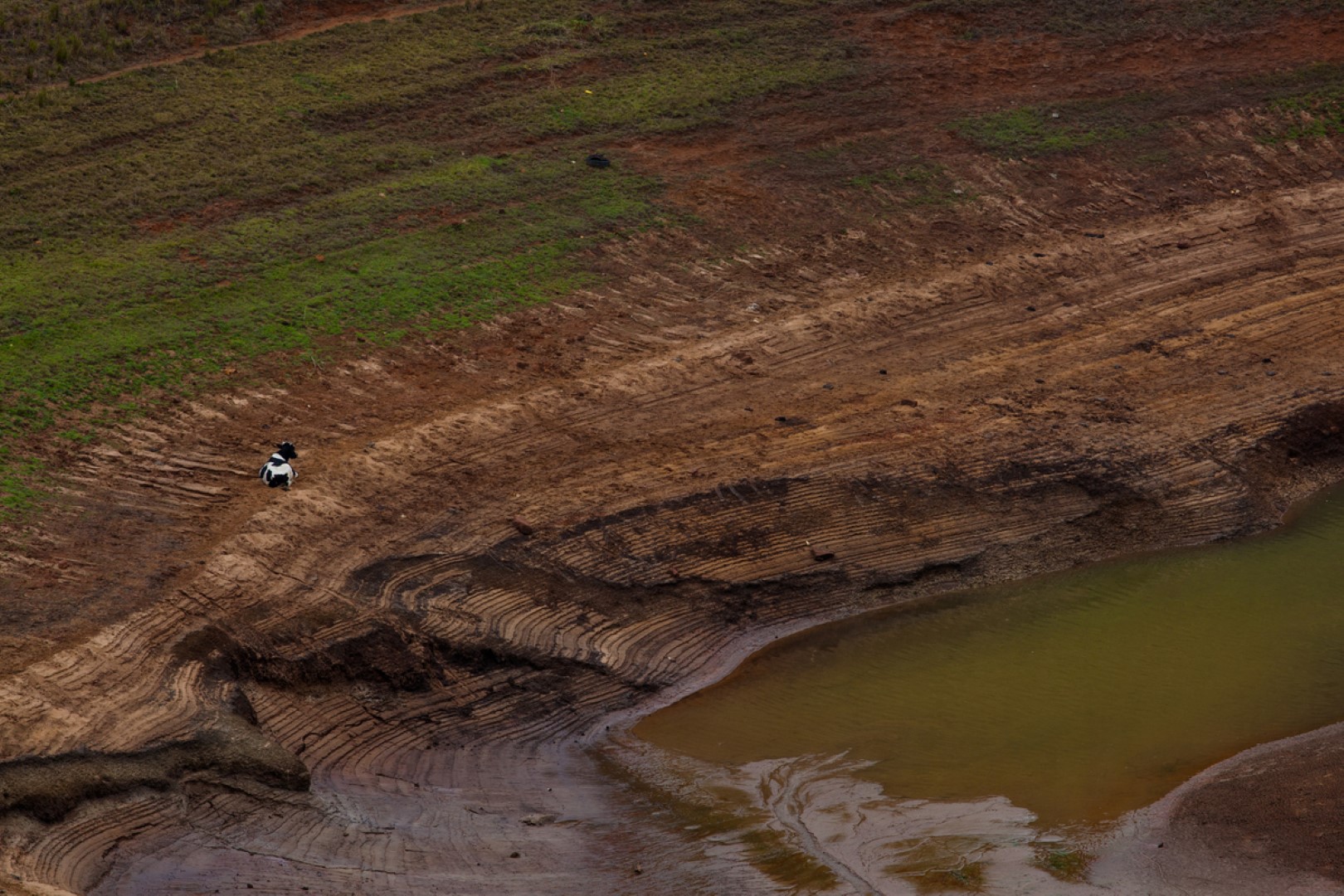Illegal logging, urban sprawl, agricultural frontier expansion and impacts of infrastructure engineering works. The villains of deforestation in the Amazon are known but what is their real extension?
InfoAmazonia
After Brazil, Peru leads deforestation in the Amazon
Peru ended 2014 with 112,800 hectares less in the Amazon forest in relation to 2013. The official Brazilian deforestation in 2014 was four times larger, with 480,000 hectares.
InfoAmazonia Network creates the “Mammy Water”, to monitor water quality
The project is developing an open hardware n to monitor the water quality in real time that will be installed in riparian communities and cities, initially in the Brazilian Amazon.
Amazon fishermen already talking about impacts of climate change
Today, faced with an increasingly erratic climate, some “predictions based on traditional knowledge of the riparian are no longer reliable, ” says a fishing technician.
46% of logging area in the Brazilian state of Mato Grosso is illegal
Mato Grosso has an annual production of 3 million cubic of native wood. The state is the 2nd largest tropical timber producer in the country. It is the fourth economic activity that generates more revenue in the state.
Until May 2015, there are 90% of deforestation in the Amazon 2014
This year – which started in August 2014 and runs until July 2015 – already has 2 765 km² in areas indicated by Deter deforestation alerts, the Real Time Detection System of Change in Forest Cover, from INPE.
Half of Brazilian senators against Amendment to Constitution by indigenous lands
Proposed Amendment to the Constitution tries to transfer powers to the National Congress for the demarcation of indigenous lands and the creation of protected areas
Brazilian State will use Social Progress Index for Public Management
Pará State began pioneering project to use the data from the Social Progress Index (IPS), composed of 43 indicators, in the definition of public policies of the region.
What it is at stake in the Framework of Biodiversity sanctioned by Dilma?
Government sanctioned regulations for sharing of benefits from the commercial exploitation of species of plants and animals. Organizations asked the full veto of the text.
From abundance to scarcity: water crisis in Southeast Brazil
Negligence in the management of natural resources, a severe period of drought and the culture of waste: the largest metropolitan area in Brazil the verge of collapse


